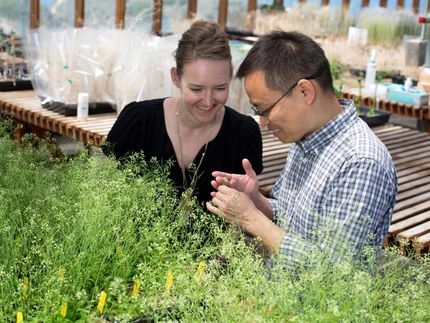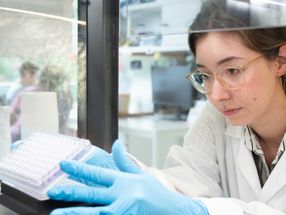Epigenomics AG Enters into R&D Collaboration with Myriad Genetics Inc. to Discover DNA Methylation Biomarkers
Advertisement
Epigenomics AG has entered into an R&D collaboration with Myriad Genetics, Inc. to identify and analyze DNA methylation biomarkers that may predict patients' response to an undisclosed marketed oncology drug.
Under the agreement, Epigenomics will use its proprietary Differential Methylation Hybridization (DMH) microarray platform to perform genome-wide DNA methylation profiling on samples provided by Myriad and compare these profiles to identify DNA methylation biomarkers associated with sensitivity and resistance to the drug.
Epigenomics will also apply its OncoSign(TM) approach that is offered in collaboration with its partner CellTrend GmbH for fast track identification of DNA methylation biomarkers for the drug in an established panel of human tumor cell lines. Financial details were not disclosed.
Most read news
Organizations
Other news from the department business & finance

Get the life science industry in your inbox
By submitting this form you agree that LUMITOS AG will send you the newsletter(s) selected above by email. Your data will not be passed on to third parties. Your data will be stored and processed in accordance with our data protection regulations. LUMITOS may contact you by email for the purpose of advertising or market and opinion surveys. You can revoke your consent at any time without giving reasons to LUMITOS AG, Ernst-Augustin-Str. 2, 12489 Berlin, Germany or by e-mail at revoke@lumitos.com with effect for the future. In addition, each email contains a link to unsubscribe from the corresponding newsletter.
























































